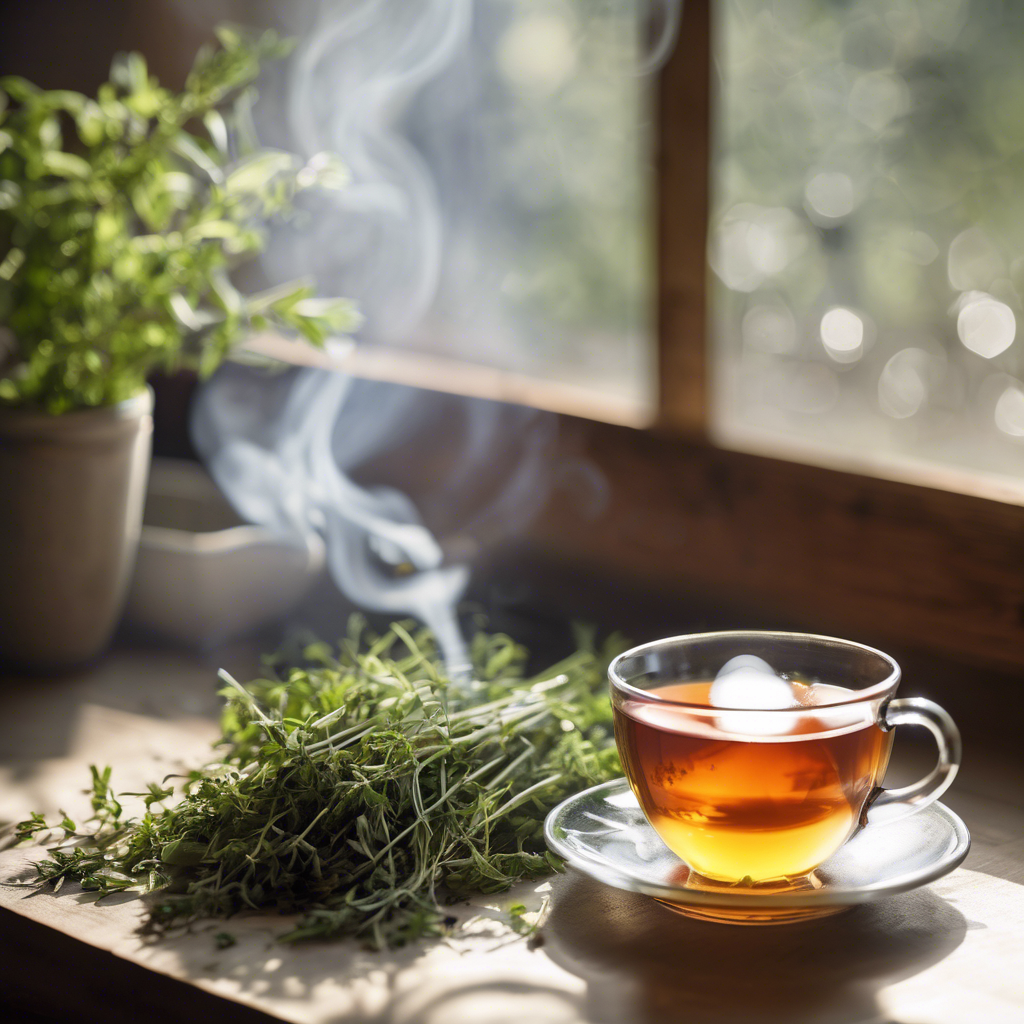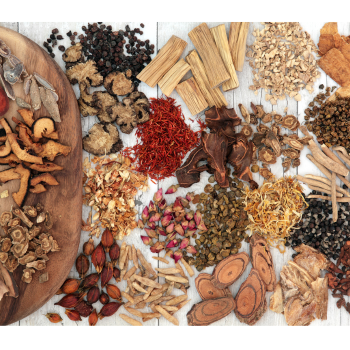The Ultimate Guide to Chinese Herbal Medicine: Herbs, Teapills, and Teas
Your complete guide to Chinese herbs, teapills, and teas — discover what to use, when to use it, and how to get the best results. Learn traditional wisdom, modern insights, and safe, effective preparation.
Quick Navigation
What is Chinese Herbal Medicine? |
Forms of Chinese Herbs |
Choosing the Right Form |
Popular Chinese Herbs |
Understanding Teapills |
Chinese Herbal Teas |
How & When to Take Herbs |
Quality & Safety |
FAQs
Discover, Choose, and Use Chinese Herbs Like an Expert

Chinese herbal medicine is a time-tested tradition built on balance, precision, and a deep understanding of how the body works. Whether you’re interested in Chinese herbs, teapills, or herbal teas, this guide gives you exactly what you need to know — without the fluff.
Pro Tip: If you’re new, start with teas or teapills for the easiest introduction.
1. What is Chinese Herbal Medicine?
Quick Answer:
Chinese herbal medicine is part of Traditional Chinese Medicine (TCM), using plants, minerals, and other natural substances to restore balance and support wellness.
-
Individualized Approach: Herbs are chosen for patterns, not just symptoms.
-
Single Herbs vs. Formulas: Single herbs target specific needs; formulas combine herbs for synergy.
Related: History of Chinese Herbs →
2. Forms of Chinese Herbs
| Form | Best For | Benefits |
|---|---|---|
| Raw (Whole/Cut) | Traditional decoctions | Strong potency, full spectrum |
| Powders/Granules | Quick tea or food mixes | Convenient, easy to measure |
| Teapills | On-the-go, pre-blended | Portable, consistent |
| Herbal Teas | Daily gentle support | Flavorful, hydrating |
| Extracts/Tinctures | Fast absorption | No brewing needed |
3. Choosing the Right Form
Tea – Gentle daily support, hydration, seasonal balance.
Teapills – Convenient, targeted formulas.
Decoction – Intensive, traditional brewing.
Powders – Fast, versatile, mix into food or drinks.
Shop by Form: Bulk Herbs → | Teapills → | Herbal Teas →
 4. Popular Chinese Herbs & Uses
4. Popular Chinese Herbs & Uses
-
Astragalus Root (Huang Qi) – Traditionally used to support healthy immune function.
-
Goji Berries (Gou Qi Zi) – Nourishes eyes and supports vitality.
-
Licorice Root (Gan Cao) – Supports digestion and balances formulas.
-
Ginger (Sheng Jiang/Gan Jiang) – Warms and supports digestion.
-
Chrysanthemum Flower (Ju Hua) – Supports healthy vision and cooling balance.
5. Understanding Chinese Teapills
Quick Answer:
Teapills are concentrated herbal formulas pressed into small pills for easy, consistent use.
Why People Love Them:
-
No brewing required
-
Portable & discreet
-
Traditional formulas in ready-made form
6. Chinese Herbal Teas
Brewing Basics:
-
Use filtered water
-
Adjust temperature for delicate flowers vs. roots
-
Steep for recommended time
Flavor Pairing Ideas:
-
Chrysanthemum + Goji Berries
-
Ginger + Honey + Cinnamon
-
Licorice + Fennel + Dried Orange Peel
7. How & When to Take Herbs
Timing: Often between meals unless otherwise directed.
Frequency: Consistency matters — daily or seasonal use depending on herb.
Combining: Stick to formulas with the same goal; avoid overlap in strong herbs.
8. Quality & Safety
Our Standards:
-
GMP Certified manufacturing
-
Third-party tested for purity
-
Sustainable, trusted growers
Storage Tip: Keep airtight, away from light, heat, and moisture.
9. FAQs
Are Chinese herbs safe?
Yes, when sourced from reputable suppliers and used as directed.
Can I take herbs with Western medicine?
Check with a qualified healthcare provider for possible interactions.
How long before I notice results?
Some formulas work quickly, others are for long-term support.
10. Continue Your Journey
References
Immunomodulatory Benefits & Inflammation Regulation
-
A foundational review exploring how Traditional Chinese Medicines (TCMs) regulate immune function—through both activation and suppression—via multiple pathways.
PMC+14PubMed+14PMC+14 -
A study highlighting the anti-inflammatory mechanisms of TCM herbs, identifying suppression of NF-κB, TNF‑α, and iNOS among typical targets.
PMC -
Research demonstrating that Maxingshigan (MXSG) decoction improves immune response and reduces lung inflammation through cytokine regulation—relevant for respiratory-support herbal blends.
PMC
Green Tea & General Herbal Tea Benefits
-
A peer-reviewed overview of green tea’s traditional use in Chinese medicine, noting its potent anti-inflammatory properties due to catechin content, relevant for framing herbal teas as health-supportive.
PMC -
A meta-analysis connects green tea polyphenols with reduced risk of influenza infection, supporting immune-support claims for herbal teas containing green tea.
en.wikipedia.org
Astragalus (Huang Qi) & Immune Function
-
A meta-analytic review of Astragalus-containing formulas showing improved immune outcomes, symptom control, and quality of life in various clinical contexts.
en.wikipedia.org
Quality & Safety Considerations
-
A comprehensive review addressing current safety challenges in TCM herbal preparations—from sourcing and contamination to quality control—underscoring why emphasizing GMP-certified, third-party tested products is critical.
PMC
Author: Sarah Johnson, M.S. Holistic Healing
Herbalist, Educator, and Founder of 1st Chinese Herbs
Sarah Johnson holds a Master’s degree in Holistic Healing and has over 29 years of experience studying, sourcing, and teaching Traditional Chinese Medicine (TCM) and herbal wellness. As the founder of 1st Chinese Herbs, she is dedicated to providing high-quality, GMP-certified herbs, teapills, and teas while educating consumers on how to use them safely and effectively.
Her approach blends time-honored herbal wisdom with modern research to help people make informed choices about their wellness. Sarah regularly reviews PubMed-backed studies to ensure that all educational content on the site meets current safety standards and consumer trust guidelines.

